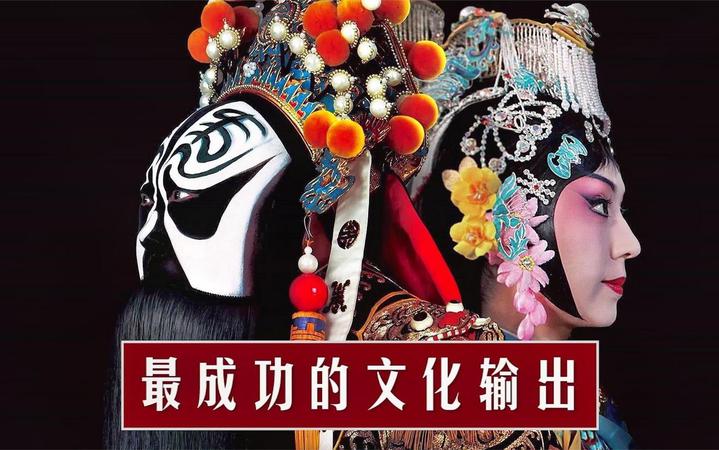Author: Prof. Engr. Zamir Ahmed Awan, Founding Chair GSRRA, Sinologist, Diplomat, Editor, Analyst, Consultant, Advisor, and Non-Resident Fellow of CCG.
Post Views: 14
The Beijing Culture Forum, held from September 18 to 21, 2024, once again showcased China’s rich cultural heritage and its growing global influence. This year’s forum, with the participation of over 200 foreign delegates from more than 70 countries, stood out as a unique platform to exchange cultural knowledge and foster understanding of Chinese traditions. Notably, many foreign participants were fluent in Mandarin and had a deep grasp of Chinese culture, marking the event as a significant step in the global promotion of Chinese soft power.
Pakistan and China: Similarities of Culture
An essential, often overlooked, element in the strong relations between Pakistan and China is the deep cultural connection that both nations share. Having had the privilege to study in China from 1980 to 1987 and later serve as a Pakistani diplomat in China from 2010 to 2016, I have witnessed firsthand the many cultural values common to both countries. From respect for elders, a strong sense of family, to the importance placed on hospitality and community, both Pakistan and China exhibit remarkable similarities in their cultural frameworks.
These shared values have cemented the foundation of China-Pakistan relations, often referred to as an “iron brotherhood.” The mutual respect and understanding that come from similar traditions and customs make cooperation between the two countries smooth and natural. My command of the Chinese language and deep understanding of Chinese traditions have further strengthened my belief that the enduring friendship between Pakistan and China is as much cultural as it is strategic.
The Strength of Chinese Traditions and Culture
At the heart of China’s rising global presence is its rich and enduring culture, which spans over 5,000 years. Chinese culture is deeply rooted in traditions of Confucianism, Taoism, and Buddhism, emphasizing harmony, balance, and respect for nature and humanity. These values are woven into every aspect of Chinese society—from art, literature, and philosophy to modern business and diplomacy.
Core elements of Chinese culture, such as respect for elders, the importance of family, and a focus on collective well-being, continue to shape the country’s social fabric. Traditional practices like Chinese medicine, calligraphy, martial arts, and festivals such as the Lunar New Year have not only survived through centuries but have also gained global recognition and admiration.
Culture as a Pillar of China’s Soft Power
One of the most profound ways in which Chinese culture has impacted the world is through its soft power. Unlike traditional power, which is rooted in military and economic might, soft power is about winning hearts and minds. China’s approach to soft power rests heavily on cultural diplomacy, spreading its traditions, language, and values globally.
Institutions like the Confucius Institutes, established in over 160 countries, play a vital role in promoting the Chinese language and culture. Through these institutes, millions of people worldwide are learning Mandarin and gaining insights into Chinese history and philosophy. Additionally, Chinese film, music, and cuisine have found a global audience, helping to cultivate a positive image of China.
Cultural Influence and China’s Rapid Development
Chinese culture has also been a key factor in the country’s remarkable development over the last few decades. The values of discipline, hard work, and a strong sense of community, drawn from China’s cultural heritage, have driven the nation’s economic success. These cultural traits, coupled with the leadership’s vision, have guided China through its rapid rise as a global economic powerhouse.
The “Chinese Way” of blending tradition with innovation has enabled the country to maintain its cultural identity while advancing in science, technology, and infrastructure. This cultural balance has not only propelled China forward but has also provided a model for other nations to follow.
China’s Global Impact Through Cultural Diplomacy
As China continues to rise on the world stage, its cultural influence is expanding. Chinese soft power has been instrumental in promoting international peace, fostering economic development, and building diplomatic ties. Initiatives like the Belt and Road Initiative (BRI) are not just about infrastructure and trade; they are also about cultural exchange and cooperation. China’s emphasis on mutual respect, peaceful coexistence, and shared development reflects its cultural values of harmony and inclusivity.
By sharing its cultural wisdom with the world, China promotes a vision of a more connected and peaceful global community. This approach has been well-received in various parts of the world, particularly in Africa, Asia, and Latin America, where Chinese investments and partnerships have been accompanied by cultural outreach and educational programs.
Conclusion: The Global Relevance of Chinese Culture
The 2024 Beijing Culture Forum highlighted the global importance of Chinese culture in shaping a more peaceful and prosperous world. As China’s cultural influence grows, it continues to project a positive image of openness, cooperation, and respect for diversity. This cultural diplomacy not only enhances China’s global standing but also contributes to international understanding and collaboration.
In an increasingly interconnected world, China’s culture stands as a beacon of stability, wisdom, and progress. Through its soft power, China is not only promoting its traditions but also building bridges across cultures, fostering peace, and contributing to global development. The future of China’s cultural diplomacy looks bright, as the world continues to embrace the timeless values that have defined Chinese civilization for millennia.
(ASIA PACIFIC DAILY)
